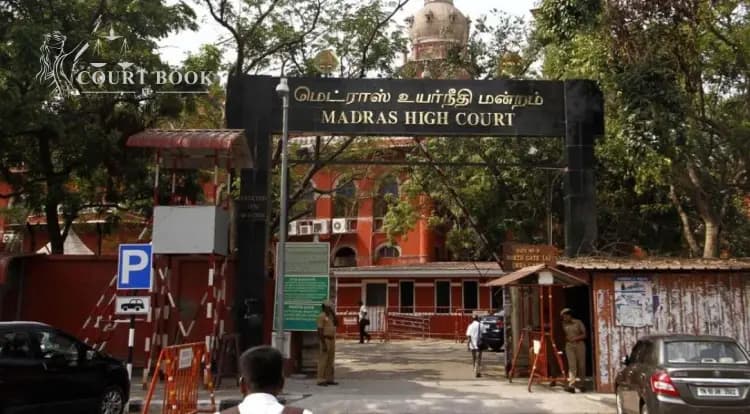The Madras High Court has issued directives to foster inclusivity and address systemic challenges faced by the LGBTQIA+ community. Justice N. Anand Venkatesh emphasized the need for comprehensive policy reforms and sensitization within medical education, marking a progressive step toward equality.
The court deliberated extensively on whether the Tamil Nadu government should adopt a unified policy for the entire LGBTQIA+ spectrum or create separate policies for transgender and intersex individuals.
Advocates highlighted the risks of fragmenting the community, stating, “Bringing separate policies will disrupt the unity we’ve fought to build. Marginalized groups like transmen and intersex individuals may face further exclusion.” They stressed that shared struggles warranted collective representation under one framework.
Opposing voices argued that transgender persons have endured historical neglect and require targeted support. “Transgender communities are among the most vulnerable. Delaying their benefits for a broader policy risks perpetuating injustice,” their counsel noted. They asserted that distinct policies would clarify entitlements without undermining solidarity.
The Tamil Nadu government, after consultations, leaned toward separate policies. Officials expressed concerns that a unified approach might divert welfare benefits meant for transgender individuals. The court acknowledged the state’s rationale but urged inclusivity: “Final policies must reflect lived experiences of LGBTQIA+ persons to ensure trust and effectiveness.” The state sought three months to finalize the policy, which the court granted.
A pivotal directive emerged from an incident at Madurai Medical College in September 2024, where a seminar on LGBTQIA+ issues was disrupted by a cardiologist who boycotted the event. Justice Venkatesh condemned the act, stating:
“Including LGBTQIA+ speakers is non-negotiable. Their lived experiences bridge gaps in healthcare and combat prejudice.”
The court ordered the Director of Medical Education to:
- Conduct mandatory awareness programs in all medical colleges.
- Integrate LGBTQIA+ competency into curricula as per National Medical Commission (NMC) guidelines.
- Ensure community members are included as speakers to share firsthand insights.
The court also pushed for banning conversion therapy, a discredited practice targeting LGBTQIA+ individuals. While awaiting formal amendments to medical regulations, it mandated that:
- Medical curricula explicitly prohibit conversion therapy.
- Students be informed of its illegality and consequences.
Justice Venkatesh lauded the state’s openness to public dialogue on draft policies—a rare move in policymaking. “This inclusive approach ensures stakeholders’ voices shape historic reforms,” he remarked. The judgment underscores the need for empathy-driven policies to uplift marginalized communities.
Case Title: S Sushma and Another v. Director General of Police and Others















